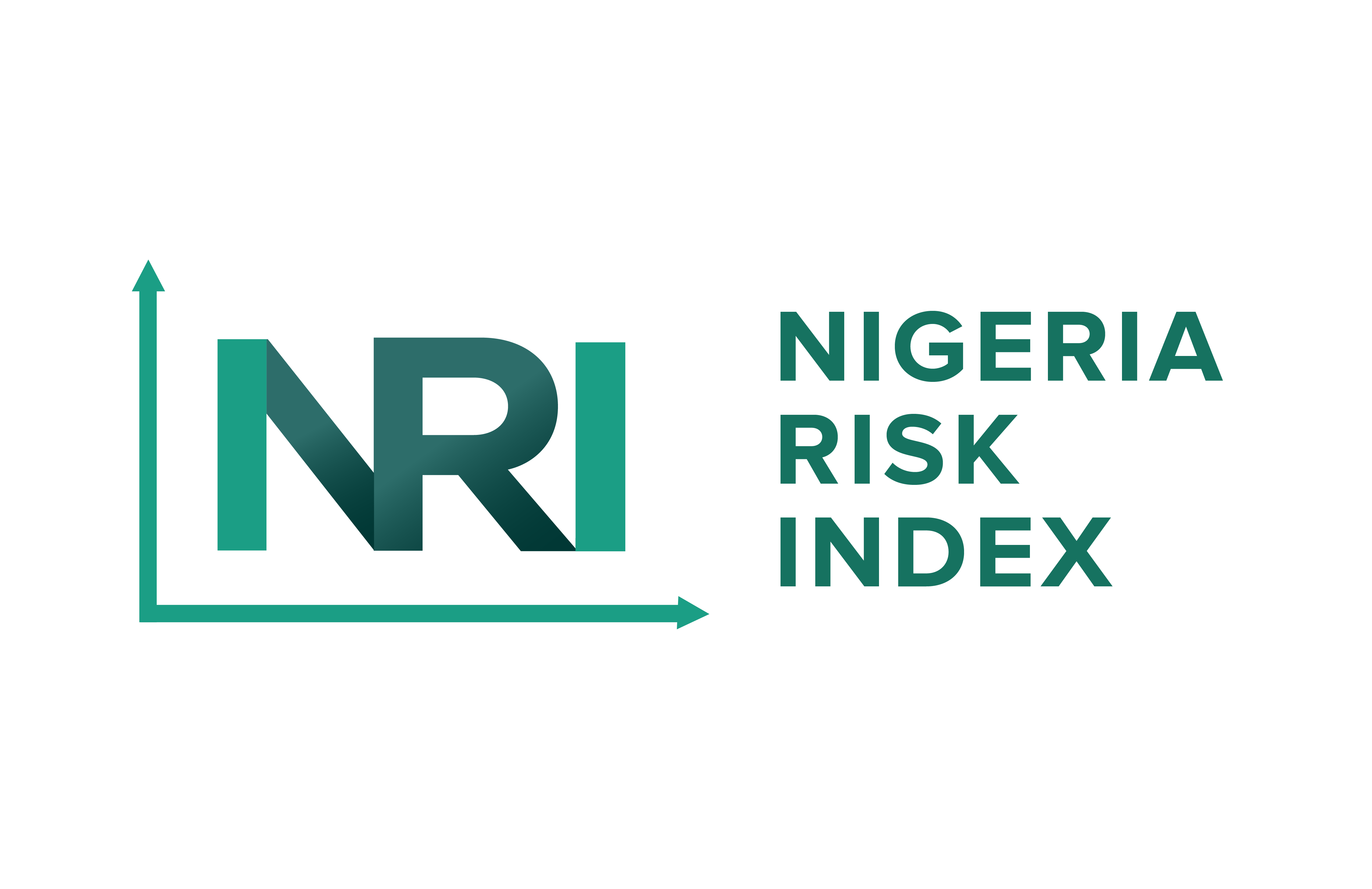Insights
Nigeria’s national security system was built for a different era - when threats were predictable, largely localized, and the federal command could reliably project power across the country. But today’s crises are faster, more dynamic, and deeply rooted in local realities. From Zamfara to Plateau, communities now live under the shadow of gunmen. Schools are not empty because teachers are unavailable, but because no one feels safe attending. Security operatives, often stationed miles away, respond hours late - if at all. And now, the calls demanding change are no longer just from civil society or security experts. They’re coming from governors, especially in the North, where the stakes are measured in lives lost.
The Governors' Alarm Bell
In recent high-level engagements, several Northern governors - including those of Katsina, Zamfara, and Niger - have joined voices to demand the urgent creation of state-controlled police forces. Their logic is painfully clear: the federal security structure is overstretched, slow, and too detached to respond to evolving local threats.
Their concerns are backed by data. Between January and April 2025, the North suffered over 1,000 fatalities linked to terrorism, banditry, and communal violence - a sharp escalation from approximately 670 deaths during the same period in 2024. This 49% increase is driven largely by persistent violence in Sokoto, Zamfara, and Borno States.This is no longer a theoretical discussion. It’s a national emergency.
Fatalities in Northern Nigeria (Jan–Apr 2024 vs. Jan–Apr 2025)
Why State Police and Why Now?
To many Northern leaders, state police is not about political power - it’s about survival. With kidnappings, terrorism, and communal conflicts choking local economies and forcing families into displacement, state leaders want security forces they can train, deploy, and hold directly accountable.
Supporters of the initiative argue that state policing could improve response time and intelligence gathering, foster stronger ties between officers and local communities, and unable tailored strategies for distinct regional threats from cattle rustling in Nasarawa to jihadist attacks in Borno. Critics, however, warn of potential misuse, turning state police into political enforcers or tools of intimidation during election cycles.
But for people like Hajara, a displaced mother of three from Zamfara, these debates seem painfully out of touch. “What we want is safety. I don’t care who wears the uniform - just protect us,” she says, speaking from a shelter outside Gusau.
The Constitution Stands in the Way
Policing in Nigeria is still governed exclusively by the federal government, as dictated by the 1999 Constitution. Altering this arrangement would require a constitutional amendment — a complex, time-consuming process with many moving parts. But the momentum is building. Lawmakers from high-risk regions are now advocating openly for structural change, arguing that a one-size-fits-all approach has failed too many times. This isn’t merely a legal reform. It’s a reckoning.
What Must Be Done
If Nigeria is serious about protecting its people, then it must be courageous enough to rethink its approach to policing. A phased pilot rollout of state police, starting in high-risk states, could serve as a testbed for innovation, while constitutional amendments and checks are ironed out.
Simultaneously, federal police reform, judicial transparency, and community intelligence networks must be strengthened to create a unified but flexible security ecosystem — one where accountability is local, but justice is national.
Staying Safe in the Meantime: What Citizens Can Do
Until systemic reforms like state policing are actualized, citizens must remain proactive and cautious.
Here are practical ways to stay safe and contribute to community vigilance: Stay alert in public spaces, especially in areas with recent attacks or unrest. Report any suspicious activity using local vigilante lines or community alert systems, as silence only enables more attacks. Avoid traveling alone in high-risk zones or at night, moving in groups reduces vulnerability. Participate in or support community watch initiatives and stay connected with religious or traditional leaders who often receive early warning signals. Keep your phone charged, enable location sharing when safe, and have emergency contacts easily accessible. For families living in high-risk areas, it is essential to have a clear evacuation plan, including safe exit routes, agreed meeting points, and essential items packed and ready.
Safety is a shared responsibility. Until Nigeria reforms its security architecture, every citizen is both a witness and a potential responder in this unfolding national challenge.

The Risk Control Team
Related Blog Posts
- GENOCIDE OF CHRISTIANS – IS NIGERIA GUILTY AS CHARGED?
- Is Nigeria under President Tinubu’s Administration, Finally Controlling Its Economic Risks?
- Northern Nigeria’s Peace Deals With Bandits: Truce or Time Bomb?
- The Dangote-Transporters Impasse: A Clash of Modernisation and Tradition
- Nigeria’s Mandatory Taxpayer Identification Number (TIN)Policy
